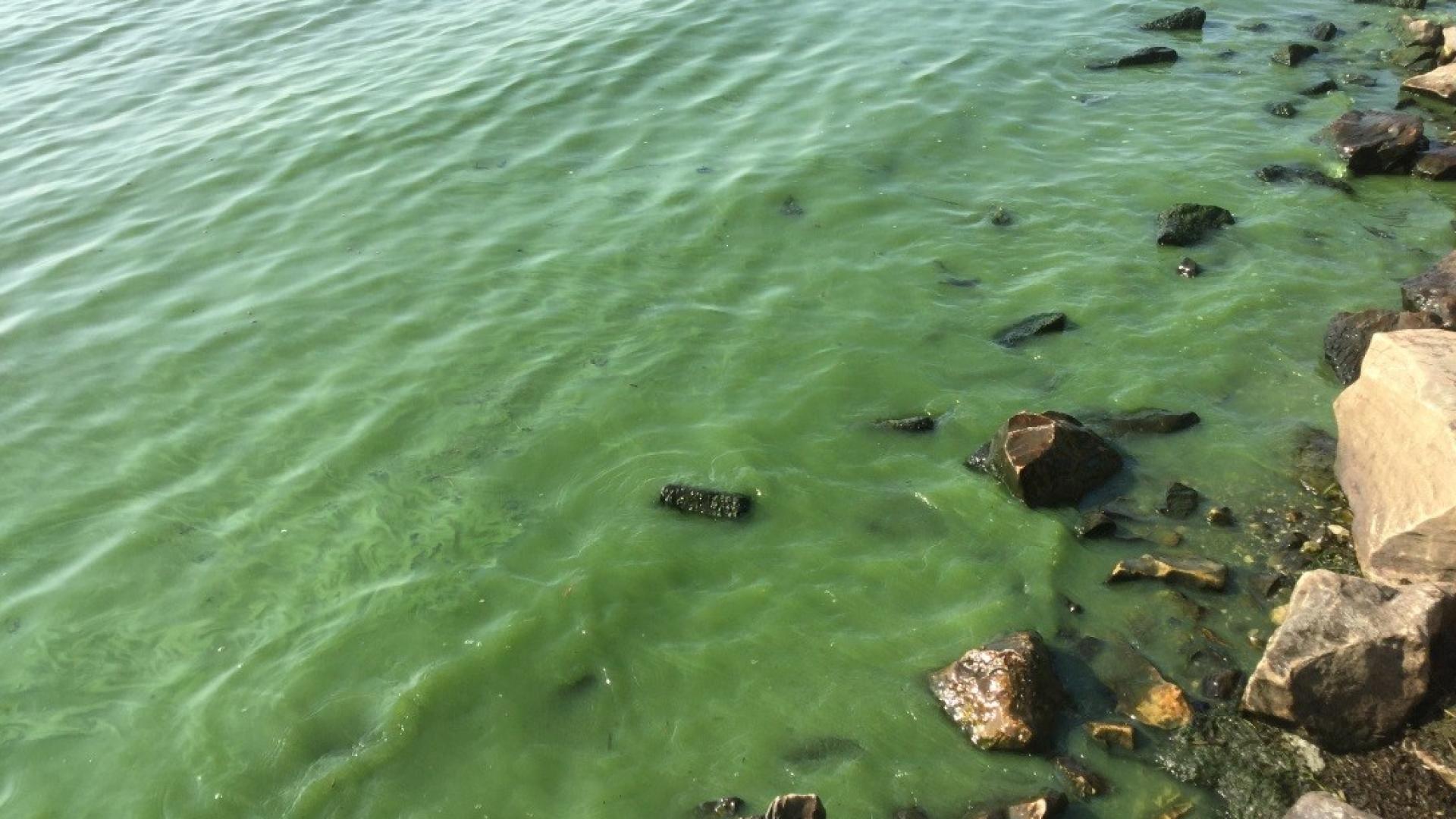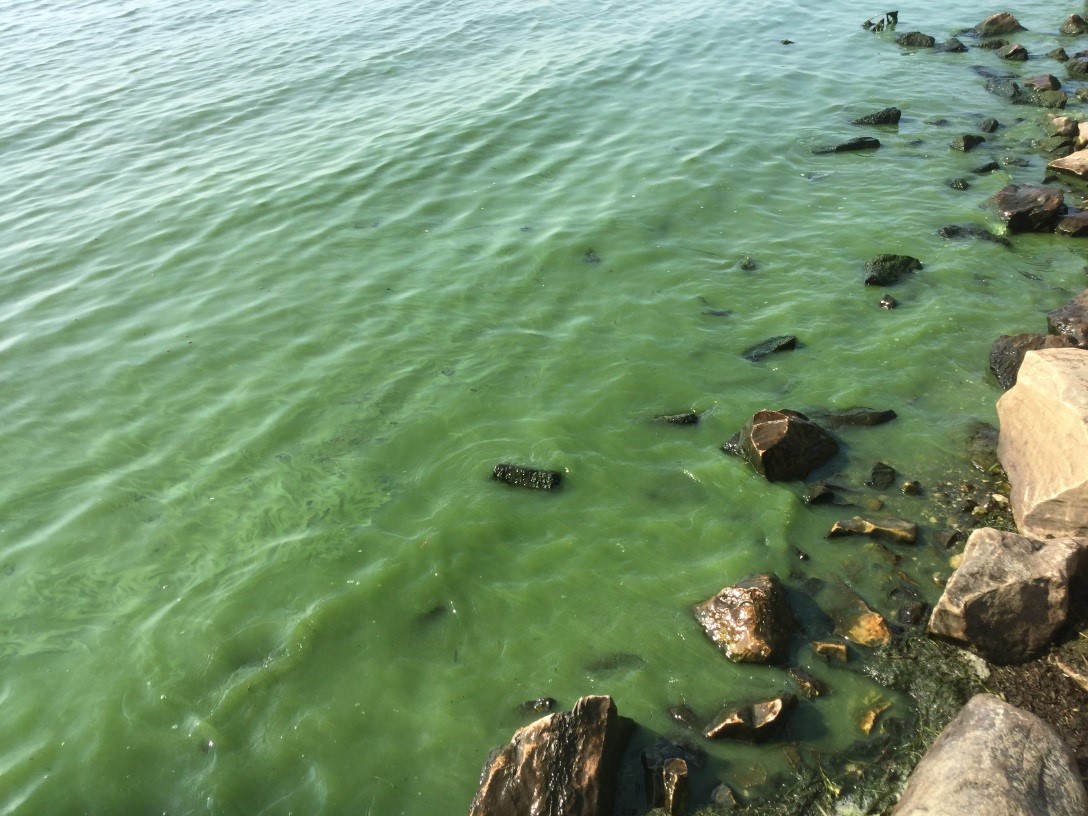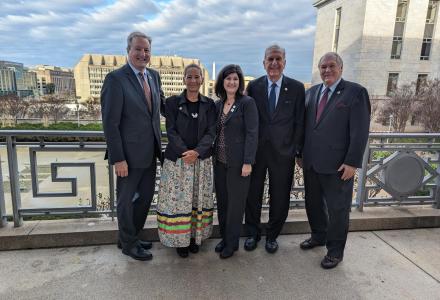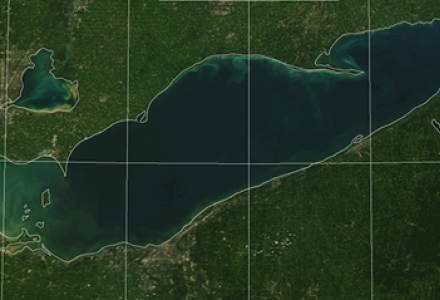
The International Joint Commission (IJC) is looking beyond the borders of North America to find potential solutions to issues of excess nutrients in basins shared by Canada and the United States.
A world literature review of frameworks and approaches used by other jurisdictions is to assist with an October 2017 request from Canadian and US governments to make recommendations on the persistent issues of nutrient loading and harmful algal blooms (HABs) in Lake Champlain and the Richelieu River system, including Missisquoi Bay, and Lake Memphremagog.
“We know that nutrient enrichment is a global issue,” says Pierre-Yves Caux, director of sciences and engineering in the IJC’s Canadian Section office.
“Our intent is to build on insight we can gain through local resources, while seeking a deeper understanding of how HABs are affecting other jurisdictions, and what governing bodies across the globe are doing to manage the problem.”

The IJC has partnered on the review with local watershed organizations, local governments and the scientific and academic community.
“By combining the knowledge and expertise that exists from various vantage points in both local and international sources, we’re ultimately positioned to present a more robust set of recommendations on how to strengthen current programs and measures,” says Michael Laitta, physical science adviser in the IJC’s US Section office.
The impacts of nutrients such as phosphorus and nitrogen in transboundary waters is a complex issue and a long-standing concern for people who live, work and play along lakes Champlain and Memphremagog. The goal of the two-year study is to take stock of what’s being done by various agencies in the basins, engage stakeholders in a collaborative dialogue, and recommend approaches and preventative solutions to help improve the health of shared waters in the basin.
This spring, a set of technical workshops will bring together science and policy experts to consider the results of the world literature review, and brainstorm on viable approaches to the issues in a local context. Once preliminary reports from the workshops are drafted, they will be released for public comment before being submitted to governments.
The IJC recently submitted its progress report to federal governments; the final recommendations are expected this fall.
To follow this project and learn how to share your views, subscribe to updates on the study web page at ijc.org/en/lclm.


